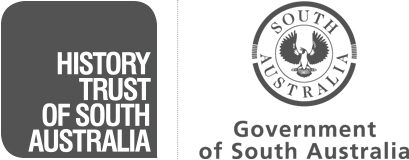George Ian Ogilvie Duncan (born 1930) was the only child of New Zealand-born parents who in 1937 emigrated from London to Victoria, where he attended school and university. Duncan entered Cambridge University, graduating with his PhD in 1964, and arrived in Australia on 25 March 1972 to take up a law lectureship at the University of Adelaide. On 10 May he drowned after being thrown into the River Torrens; the body was returned to the river and hauled out again to oblige a late-arriving television cameraman. Rumours spread that officers from the vice squad engaged in ‘poofter bashing’ had killed Duncan. Premier Don Dunstan promised government protection to witnesses, who reportedly feared for their lives.
Three constables who refused to answer questions at the inquest were suspended from the police force and subsequently resigned. Public concern was so great at the coroner’s open finding that detectives from Britain’s New Scotland Yard were called in. On the basis of their report, which has never been made public, the crown solicitor decided against proceeding with any prosecution.
Impact of Case
The murder of George Duncan received national media coverage and challenged attitudes towards homosexuality. In July 1972 a private member’s bill was introduced into the Legislative Council to decriminalise homosexual acts between consenting males over 21. An amendment weakened reform, but in 1975 South Australia became the first state or territory to embrace full decriminalisation with a code of sexual conduct applicable to all citizens. Duncan has been held up as a martyr by the gay rights movement.
Aftermath of Case
In 1985 the case was reopened after revelations from a former vice squad member. The following year the three ex-policemen who had refused to answer the coroner’s questions were charged with Duncan’s manslaughter; two were brought to trial and acquitted. A police task force reported to parliament in 1990 that there was insufficient evidence to charge any other person. With repeated calls for a royal commission ignored, an enduring mystery remains of ‘an affair which has bitten deep into the Adelaide psyche’ (Sydney Morning Herald, 15 February 1986).
Reeves, T, ‘The 1972 Debate on Male Homosexuality in South Australia’ in R Aldrich (ed.), Gay and Lesbian Perspectives II (Sydney: Department of Economic History, Sydney University 1993)


Add your comment